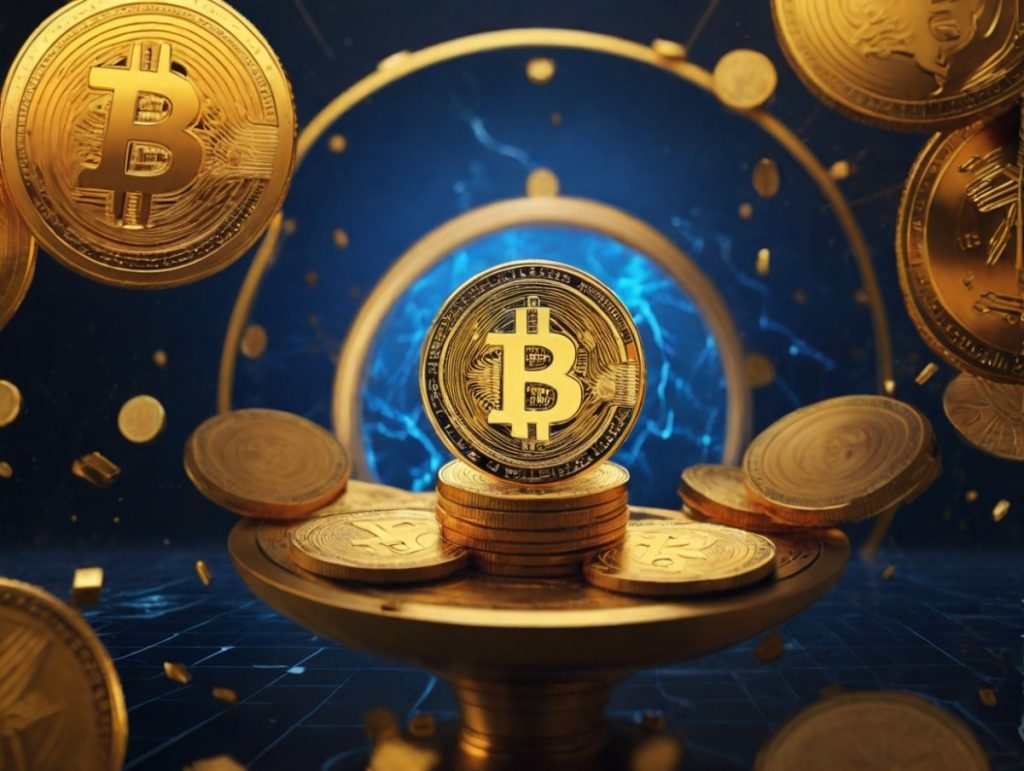In a world where economic complexities often beget confusion, Ron Paul, a former U.S. congressman from Texas and erstwhile presidential candidate, has issued a clarion call for transparency in the face of escalating inflation. Through his webcast, ‘The Ron Paul Liberty Report,’ Paul brazenly challenged the U.S. government’s portrayal of the inflation narrative, accusing it of obfuscation and deceit.
Paul draws upon Austrian economics to demystify the phenomenon of inflation, characterizing it as an outcome of an expanded money and credit supply which eventually drives up prices. According to him, this crucial understanding is deliberately obscured from the general public. The federal administration, he suggests, veils the true underpinnings of inflation to avoid grappling with its own fiscal policies, notably the rampant money printing, a symptom of a system grappling with skyrocketing public debt.
Raising the debt ceiling, a topic hotly debated within political circles, has been dismissed by Paul as mere ‘political gamesmanship,’ an inevitable measure that politicians are just delaying to appear prudent.
The silent victims and the unnamed culprit: Middle class, the poor, and the Federal Reserve
The insidiousness of inflation, as Paul sees it, lies in the anonymity of its victims. The ordinary citizen, particularly those within the middle and lower economic strata, bears the brunt of inflation’s repercussions in increased prices. However, the U.S. government shirks the responsibility of identifying these victims, resorting instead to economic gimmickry and manipulation of taxes to keep the populace pacified. According to Paul, it’s only when the conditions deteriorate to a breaking point that people rise against this carefully crafted economic illusion.
But Paul’s criticism does not end with the government. The ex-congressman trains his guns on the Federal Reserve, attributing a significant part of the inflation problem to its operations. Paul laments the government’s reluctance to hold the Federal Reserve accountable, even as its role in inflation augmentation becomes increasingly conspicuous.
Reflecting on the intent of the founding fathers, Paul argues that their vision for fiscal responsibility, encapsulated in the constitutional proscription of a central bank and stipulation of gold and silver as the only legal tender, is at odds with the existence and operations of the Federal Reserve. For him, addressing the Fed’s role in inflation generation would mean revisiting these fundamental principles of the U.S. Constitution.
As the US grapples with the effects of inflation, Paul’s comments are a stark reminder of the complex dynamics and decisions involved. With the role of the Federal Reserve under scrutiny, financial institutions such as NatWest could be impacted as debates around inflation and monetary policy continue. And while Paul’s views may be seen as controversial by some, they undeniably enrich the discourse, challenging all involved to confront the difficult questions about inflation’s root causes and effects.





